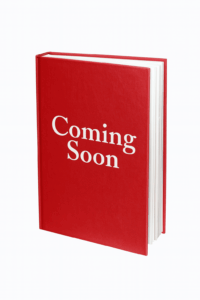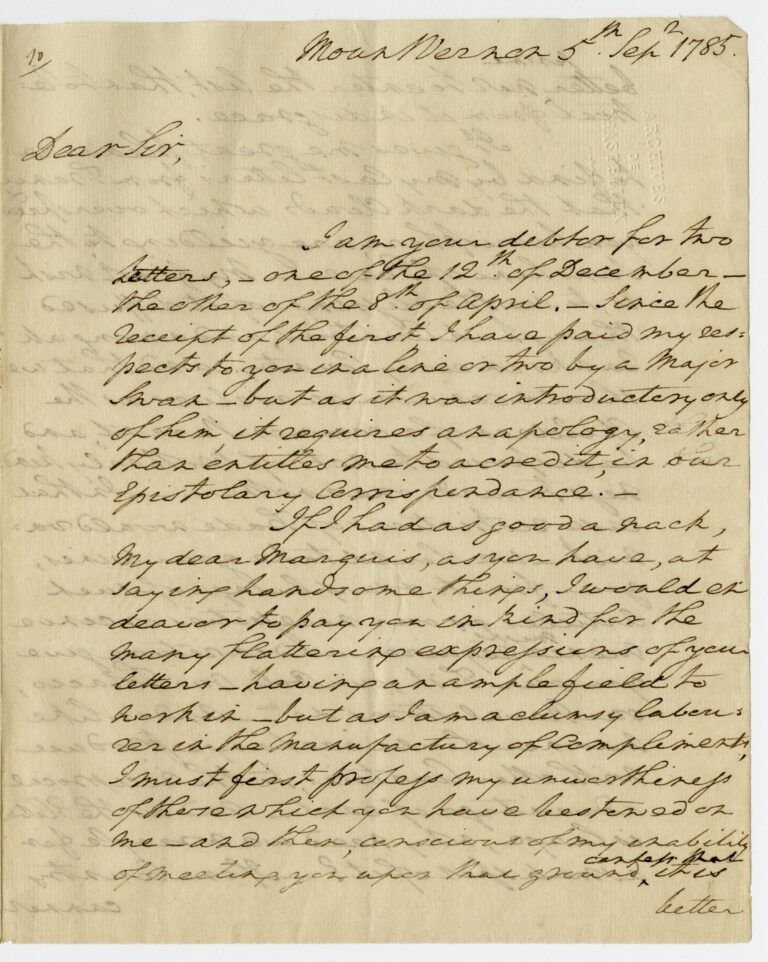

Critical Acclaim Chastellux
“De Rode’s work vaults Chastellux into the center of scholarship on the Atlantic Enlightenment.”
(Julia Osman, Journal for Eighteenth-Century Studies, 2023)
“Rarely do we get such an intimate look at the career of a military officer who was equally at home in the world of ideas.”
(Olivier Chaline, Revue de la Société d’Études Anglo-Américaines XVII-XVIII, 2022)
“This is an impressive study that will be invaluable to scholars of Franco-American relations and Enlightenment history.”
(Edward Ousselin, French Studies, 2023)
A local story about a tulip poplar in the garden of her childhood home—supposedly brought from America by Lafayette—set Iris de Rode on the path to François-Jean de Chastellux. At the Château de Chastellux she uncovered more than 6,000 pages of his private papers, preserved for centuries yet never systematically studied.
Unpublished letters from Washington, Jefferson, Franklin, and Lafayette sit alongside military reports and Enlightenment notes, revealing Chastellux as a key mediator between France and the United States. This discovery reshaped Iris’s view of the Revolution and led directly to her Ph.D., her first book, a prize-winning biography, several articles, and now a forthcoming English-language book.
Despite his importance, Chastellux was eclipsed—by his famous nephew Lafayette and by national narratives that often minimize France’s role in American independence. To recover that story, Iris followed archival trails across France and the United States, including the long-lost military papers of Baron Vioménil, Rochambeau’s second-in-command, which she identified in the industrial archives of Le Creusot.
Together, the Chastellux and Vioménil papers underpin her research, revealing an alliance that was not only military but also cultural, intellectual, and scientific—enriched further by many other archival collections and a substantial scholarly literature.
Learn more: Vioménil’s digital papers
